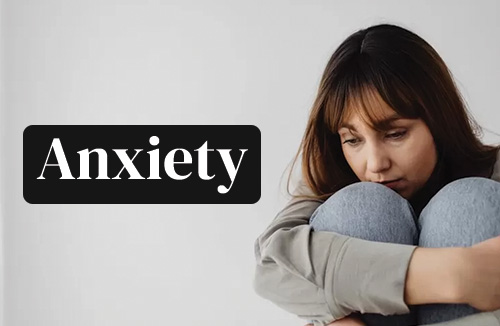Anxiety

Anxiety Management Across Cultures
Anxiety is a prevalent challenge affecting millions worldwide, transcending cultural and national boundaries. While it is a universal human experience, perceptions and management strategies vary significantly across different cultures. From traditional remedies to modern treatments, societies around the globe have developed unique approaches to addressing anxiety.
According to the World Health Organization (WHO), over 280 million people suffer from anxiety disorders globally. The prevalence of these disorders varies by region:
- North America: Approximately 19% of adults experience anxiety disorders.
- Europe: About 15% of adults are affected by anxiety disorders.
- Asia: Around 4% of the population suffers from anxiety disorders, though cultural stigma often results in underreporting.
- Africa: While data is less comprehensive, estimates suggest that around 5% of the population experiences anxiety disorders.
1. Mindfulness Meditation (Asia)
Origin: Asia, particularly India and Thailand
Practice: Mindfulness meditation is a technique that involves paying attention to the present moment without judgment. Rooted in Buddhist traditions, it encourages individuals to observe their thoughts, emotions, and bodily sensations with a sense of curiosity and acceptance.
Benefits:
- Reduces stress and anxiety by fostering a non-reactive awareness.
- Enhances emotional regulation and resilience.
- Improves overall well-being through increased self-awareness and presence.
Global Adaptation: Mindfulness practices have gained popularity worldwide, with many people incorporating them into their daily routines to manage stress and anxiety. Apps and online resources have made mindfulness more accessible, bringing its benefits to a global audience.
2. Cognitive Behavioral Therapy (CBT) (West)
Origin: Western psychology, primarily the United States and the United Kingdom
Practice: Cognitive Behavioral Therapy is a structured, goal-oriented psychotherapy that aims to change negative thought patterns and behaviors. It helps individuals identify and challenge irrational beliefs and develop healthier coping mechanisms.
Benefits:
- Provides practical tools to manage anxiety by altering negative thinking.
- Focuses on solving current problems rather than exploring past issues.
- Effective for a wide range of anxiety disorders and can be tailored to individual needs.
Global Adaptation: CBT is widely used in various countries and is often delivered through therapy sessions or self-help resources. Its evidence-based approach has made it a popular choice for treating anxiety across different cultures.
3. Yoga and Mudras (India)
Origin: India
Practice: Yoga combines physical postures, breathing exercises, and meditation to promote overall well-being. It emphasizes the connection between the body, mind, and spirit, aiming to create balance and harmony.
Mudras involve mindful hand gestures that demand concentration, helping to shift focus away from anxiety-inducing thoughts and anchor the mind in the present moment. Many traditional practices believe that mudras balance the body's energy channels.
Practice Prana Mudra and Vayu Mudra regularly to effectively reduce and manage anxiety. Prana Mudra helps in boosting vitality and emotional stability, while Vayu Mudra balances the air element in your body, calming the nervous system and reducing stress.
Benefits:
Reduces stress and anxiety through relaxation and physical activity.
Enhances mindfulness and self-awareness.
Improves physical health, which can positively impact mental well-being.
Global Adaptation: Yoga and Mudras has become a global phenomenon, with studios and classes available in many countries. Its holistic approach to mental and physical health makes it a versatile tool for managing anxiety.
NEED FURTHER HELP?
If you've a question about Daily Mudras in general or your
mindfulness
practice in particular kindly contact us at